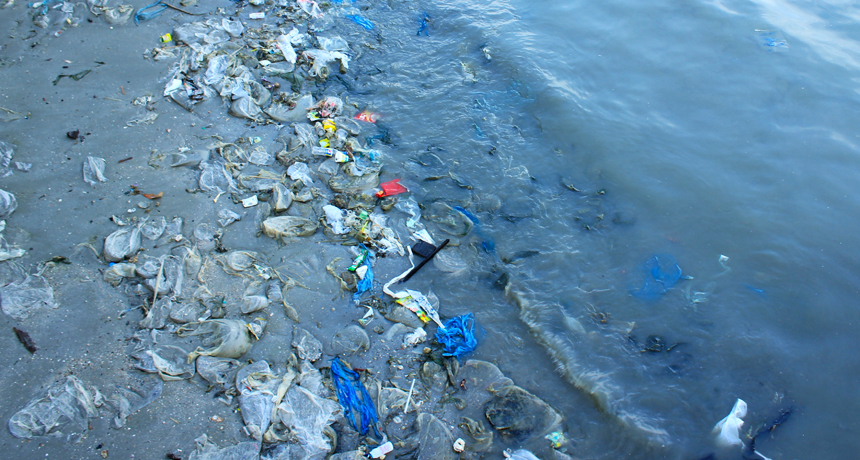Russia is planning on creating an alternative to Wikipedia based on claims that the current Wikipedia has inadequate information on certain Russian regions and that the overview of the country is not objective.
Unlike the current Wikipedia, the online encyclopaedia in Russia will be created by an organisation overseen by the Russian government using sources they trust.
The word ‘wiki’ refers to software built into a website to allow users to create and edit content.
However, the Russian alternative appears to be more of a traditional encyclopedia, though the Russian version is hoping to cooperate with readers who ‘offer new resources’.
The Presidential Library, the organisation directing this initiative, say it will ‘objectively and accurately present the country and its population, the diversity of the state, the national system of Russia’. According to their analysis, Wikipedia has shown a lack of reliable information about life in Russia.
They are digitising information from thousands of already existent sources and books to make ‘all aspects of the historical development of Russia’ available to any Russian citizen that wants to learn about it. They expect the website to be one of the most popular resources in Russia.
Despite news coverage (including their own statement), in an interview the director has said that they are ‘not attempting to be a substitute for Wikipedia. We want to create an encyclopaedia based on reliable sources’.
Wikipedia is a US based web source and due to Russia’s hostile relationship with the US, the library leading this project feel distrustful about its portrayal of Russia.
Supporters of Wikipedia in Russia say that these fears are absurd. Lots of Wikipedia’s servers may be based in the states but the US government is not in control of content (the users are, including one million Russian editors), neither do they control access (the Russian government is the only known source of internet control in Russia).
Furthermore, critics say, if the Russian authorities have a problem with an inaccurate portrayal of the country, their abundance of sources would make it easy for them to edit existing articles to bring about a better one.
Some feel there is too much fuss being made over the idea of a Russian alternative to Wikipedia. The head of journalism at the University of Moscow doubts whether the site will even materialise, while there’s also a question about the threat that an alternate site would really pose.
The current Wikipedia site will still be accessible and will still be edited by those in and out of Russia.
The fact that other countries (who presumably have parallel original sources of their own) do not feel motivated to create similar alternative sites, however, gives this proposal an ominous ring.
Isabel Taylor



